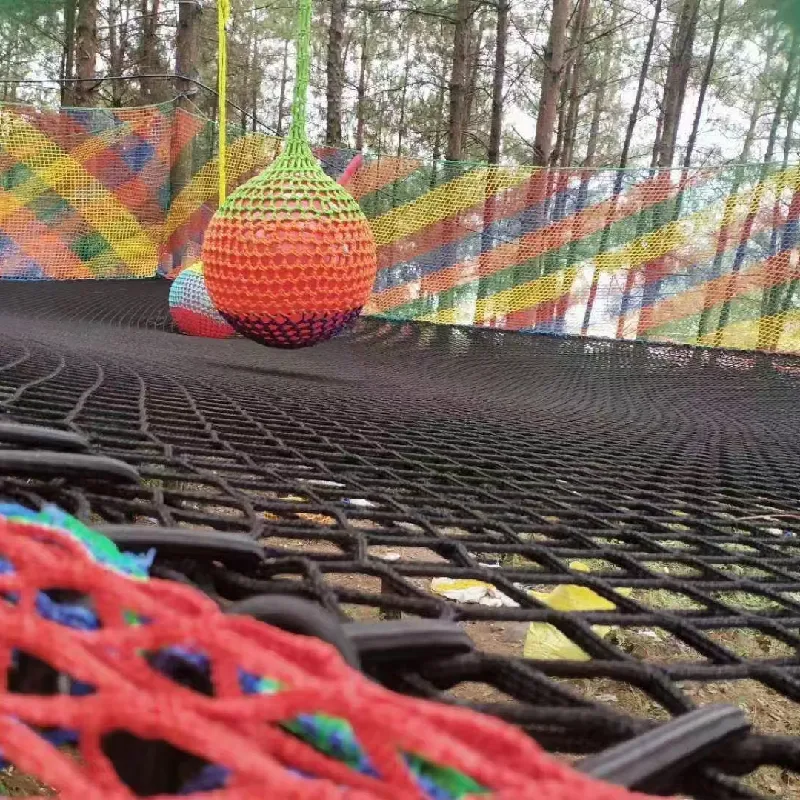-
 Afrikaans
Afrikaans -
 Albanian
Albanian -
 Amharic
Amharic -
 Arabic
Arabic -
 Armenian
Armenian -
 Azerbaijani
Azerbaijani -
 Basque
Basque -
 Belarusian
Belarusian -
 Bengali
Bengali -
 Bosnian
Bosnian -
 Bulgarian
Bulgarian -
 Catalan
Catalan -
 Cebuano
Cebuano -
 China
China -
 Corsican
Corsican -
 Croatian
Croatian -
 Czech
Czech -
 Danish
Danish -
 Dutch
Dutch -
 English
English -
 Esperanto
Esperanto -
 Estonian
Estonian -
 Finnish
Finnish -
 French
French -
 Frisian
Frisian -
 Galician
Galician -
 Georgian
Georgian -
 German
German -
 Greek
Greek -
 Gujarati
Gujarati -
 Haitian Creole
Haitian Creole -
 hausa
hausa -
 hawaiian
hawaiian -
 Hebrew
Hebrew -
 Hindi
Hindi -
 Miao
Miao -
 Hungarian
Hungarian -
 Icelandic
Icelandic -
 igbo
igbo -
 Indonesian
Indonesian -
 irish
irish -
 Italian
Italian -
 Japanese
Japanese -
 Javanese
Javanese -
 Kannada
Kannada -
 kazakh
kazakh -
 Khmer
Khmer -
 Rwandese
Rwandese -
 Korean
Korean -
 Kurdish
Kurdish -
 Kyrgyz
Kyrgyz -
 Lao
Lao -
 Latin
Latin -
 Latvian
Latvian -
 Lithuanian
Lithuanian -
 Luxembourgish
Luxembourgish -
 Macedonian
Macedonian -
 Malgashi
Malgashi -
 Malay
Malay -
 Malayalam
Malayalam -
 Maltese
Maltese -
 Maori
Maori -
 Marathi
Marathi -
 Mongolian
Mongolian -
 Myanmar
Myanmar -
 Nepali
Nepali -
 Norwegian
Norwegian -
 Norwegian
Norwegian -
 Occitan
Occitan -
 Pashto
Pashto -
 Persian
Persian -
 Polish
Polish -
 Portuguese
Portuguese -
 Punjabi
Punjabi -
 Romanian
Romanian -
 Russian
Russian -
 Samoan
Samoan -
 Scottish Gaelic
Scottish Gaelic -
 Serbian
Serbian -
 Sesotho
Sesotho -
 Shona
Shona -
 Sindhi
Sindhi -
 Sinhala
Sinhala -
 Slovak
Slovak -
 Slovenian
Slovenian -
 Somali
Somali -
 Spanish
Spanish -
 Sundanese
Sundanese -
 Swahili
Swahili -
 Swedish
Swedish -
 Tagalog
Tagalog -
 Tajik
Tajik -
 Tamil
Tamil -
 Tatar
Tatar -
 Telugu
Telugu -
 Thai
Thai -
 Turkish
Turkish -
 Turkmen
Turkmen -
 Ukrainian
Ukrainian -
 Urdu
Urdu -
 Uighur
Uighur -
 Uzbek
Uzbek -
 Vietnamese
Vietnamese -
 Welsh
Welsh -
 Bantu
Bantu -
 Yiddish
Yiddish -
 Yoruba
Yoruba -
 Zulu
Zulu
vineyard netting
Vineyard netting is an essential practice in modern viticulture that serves multiple purposes to protect grape crops. As vineyards face various environmental challenges, such as pests, birds, and adverse weather conditions, the implementation of netting has become a widely adopted strategy to safeguard grapes from potential threats.
One of the primary benefits of vineyard netting is its ability to deter birds. Grapes are a favorite food for many bird species, and without protection, vineyards can suffer significant losses during the ripening season. By using nets, vineyard owners can effectively keep these foragers at bay, ensuring a better yield at harvest time. The nets act as a physical barrier, preventing birds from accessing the fruit while allowing sunlight and rain to penetrate, which is crucial for optimal grape ripening.
In addition to protecting against birds, vineyard netting can also help shield grapes from various insect pests. Insects like grape berry moths and leafhoppers can wreak havoc on a vineyard by damaging the fruit and foliage. Employing netting not only provides an additional line of defense but can also reduce the need for chemical pesticides, promoting a more organic and sustainable approach to grape cultivation. This aligns well with the increasing consumer demand for environmentally friendly agricultural practices.
vineyard netting

Moreover, vineyard netting can play a role in protecting grapes from harsh weather conditions. Sudden hailstorms or heavy rainfall can cause physical damage to the grape clusters, leading to reduced quality and yield. By covering the vines with protective nets, vineyard owners can mitigate the impact of weather-related damage, ensuring that their grapes remain viable and of high quality.
Despite its many advantages, vineyard netting does come with considerations regarding cost and installation. The initial investment may be significant, but many vineyard owners find that the long-term benefits, including increased yield and reduced pest management costs, outweigh the initial financial outlay.
In conclusion, vineyard netting is a crucial practice that provides multiple protective benefits to grape growers. By deterring birds and pests, as well as shielding crops from severe weather, netting contributes significantly to the sustainability and productivity of vineyard operations. As the demand for high-quality grapes continues to rise, vineyard netting will likely remain a vital component of successful viticultural practices.
-
Why Nylon Mesh Netting is Revolutionizing Industrial and Commercial ApplicationsNewsJun.13,2025
-
Reinventing Reliability with Construction Wire MeshNewsJun.13,2025
-
Protect Your Crops with High-Performance Agricultural Netting SolutionsNewsJun.13,2025
-
Premium Breeding Net Solutions for Modern AquariumsNewsJun.13,2025
-
Precision Filtration Solutions for Industrial and Commercial NeedsNewsJun.13,2025
-
Advanced Industrial Mesh Solutions for Every ApplicationNewsJun.13,2025











